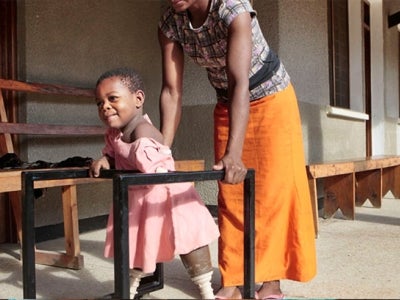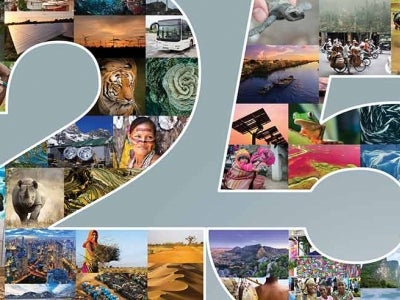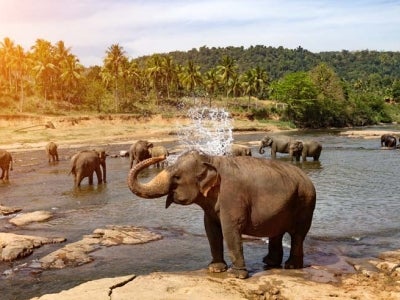
Sustainable Development in Seychelles
Seychelles consist of over 100 islands of granitic and coralline origin with a total land area of 455 km2 but a total marine area of 1.374 million km2. Its economy is based on its natural assets: tourism and fisheries together contribute more than 70% of national GDP. The population of only 93,000 persons share the land and marine areas with some 7,200 species of animals and plants, including several flagship species, such as the Aldabra giant tortoise and the Coco-de-mer palm, and over 1,000 varieties of reef fish.
Seychelles have been an active partner of the GEF since 1996 and is one of the highest recipients per capita of GEF funding globally. Since 1996, 22 national projects were supported with a total budget of US$ 22.6 million. The Seychelles also benefited from an additional 20 regional and international projects.
Seychelles has gazetted 47% of its terrestrial area in national parks and reserves. GEF support has assisted in establishing the PA estate and continues to fund the expansion to include less-represented ecosystems. Less than 1% of the marine area is currently protected, but the GEF has supported the Government in regional LME planning and prioritization for zoning of its marine territory to achieve 30% protection through an innovative Debt-for-Adaptation swap mechanism. GEF is supporting projects to diversify income streams to achieve financial sustainability of the PA network. To assure social inclusion, GEF has also supported the piloting of fisheries management and co-management plans, engaging the fishing community, and engaged tourism operators to better manage private islands and associated coral reefs.
Seychelles is highly dependent on imports, both of petroleum and food. GEF support for solar power installation is assisting the Government meet its target of generating 30% of its power from renewables by 2030 and to adopt energy efficient technologies to help reduce fuel bill. GEF support for SLM and planned initiatives to promote of climate smart agriculture and agroforestry assists in localizing food production. Moreover, biosecurity measures helps to keep out pests of fruit and other crops as well as protect the natural ecosystems from further invasive incursions.
Seychelles is pioneering a Blue Economy, basing economic development on sustainable use of natural assets. The country has an ambitious vision to establish the world’s first eco-capital, democratize renewable energy, valorise its fisheries, and safeguard its environment and biodiversity through sensitive and inclusive development. Seychelles looks forward to continuing GEF engagement in realizing this vision.


